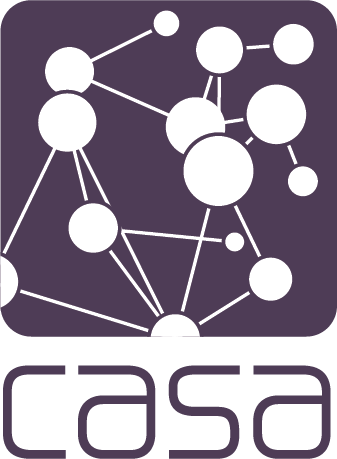Our Principles
What is Open Source?
Generally, open source refers to a computer program in which the source code is available to the general public for usage, modification from its original design, and publication of their version (fork) back to the community.
Source: Wikipedia
How is Open Source Helpful?
- If you can think of it, someone has probably built it.
- Given enough eyeballs all bugs are shallow.1
- ‘Free as in speech’ (always).
- ‘Free as in beer’ (often).2
All of the tools used this week are open source and free.
What is Open Data
Open data is data that anyone can access, use and share. Governments, businesses and individuals can use open data to bring about social, economic and environmental benefits.
Source: data.europa.eu
FAIR Play
Wilkinson et al. (2016) set out the following principles:
- Findable: data and metadata should be easy to find for computers and humans.
- Accessible: it should be clear how the data found can be accessed.
- Interoperable: data should work for range of analyses, storage, and processing needs.1
- Reusable: metadata and data should be well-described so they can be used/combined easily.
There are strict and loose versions of these principles. Many governments truggle with the ‘R’ part because of licensing restrictions.
How is Open Data Helpful?
According to Open Data Institute (n.d.) (amongst others):
- Promotes transparency and accountability in government and services.
- Promotes efficiency and service delivery.
- Promotes innovation and economic growth.
- Empowers citizens.
- Reduces costs.
Open data is valuable!
What is Open Code?
A term that I just came up with to distinguish it from open source software. Here used in the sense of sharing ‘your workings’ in teaching and/or research.
How is Open Code Helpful?
- Allow others to build on your work (reuse, collaboration).
- Allow others to learn from your work (speed, bug detection).
- A way to attract contributors to your project (visibility, collaboration).
- A mechanism for perpetuating a potlatch ecosystem (community building, recognition, visibility).1
There are many ways to share code, including contributing questions and answers to public fora like Stack Overflow,
References

Our Principles